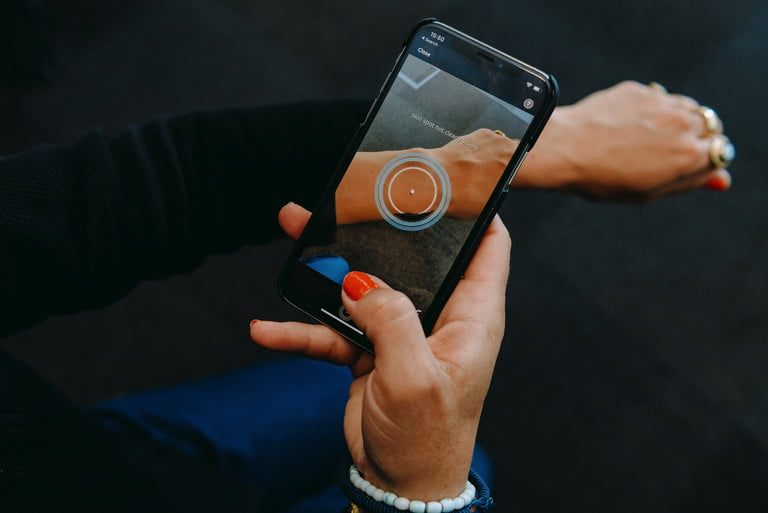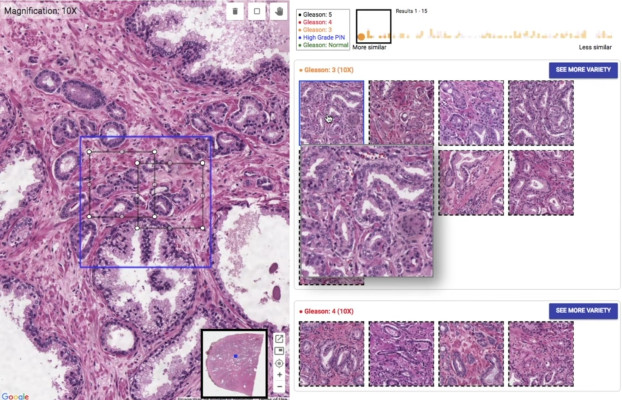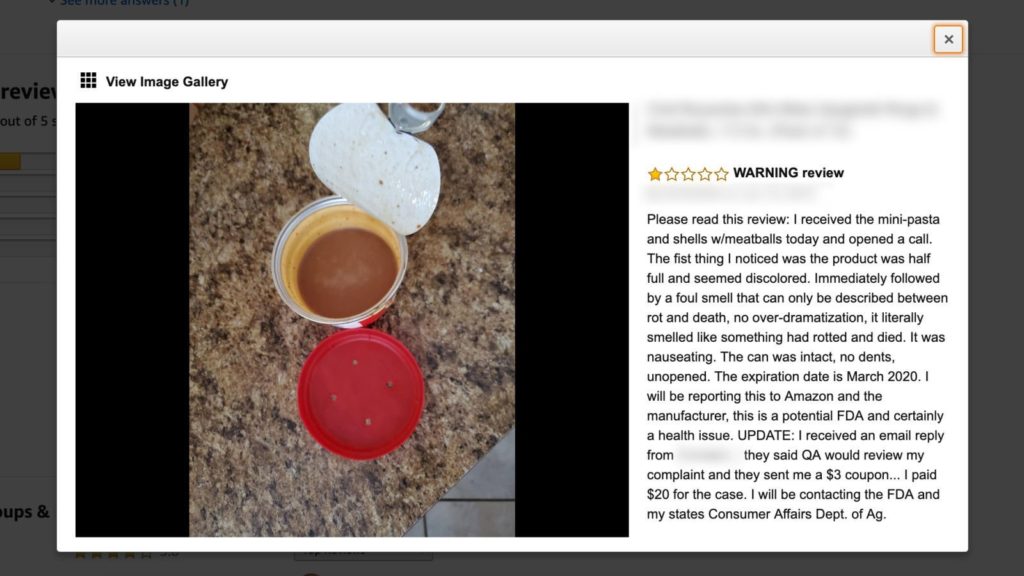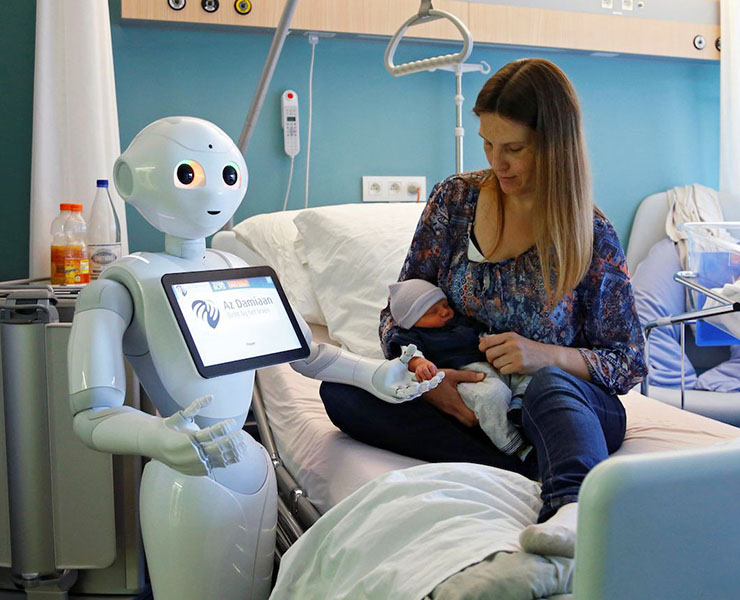Where we are
With AI tools like Google’s SMILY, built and tested specifically for tissue inspection and cancer diagnosis, doctors can more quickly identify abnormal cells and perform an iterative diagnosis without losing accuracy.
Where we’re going
Microscopic computer vision enables human and machine learning collaboration in specialist decision-making. With AI prediction and screening tools, diagnosing uncommon or hard to diagnose illnesses could become easier, while the anonymity offered by blockchain will make large comparable datasets available to doctors without breaching patient confidentiality.
How to think about it
In healthcare its known as bedside manner, but the lesson for any industry where high level ‘intelligence’ is being replaced by technology, is how to increase the focus on emotional intelligence and accessible interfaces that allow clients and providers to make decisions together.
Signals
This AI-powered App Can Spot Skin Cancer With 95 Percent Accuracy

Google’s Smily Is Reverse Image Search For Cancer Diagnosis

Researchers Say This AI Can Spot Unsafe Food On Amazon Faster Than The FDA

